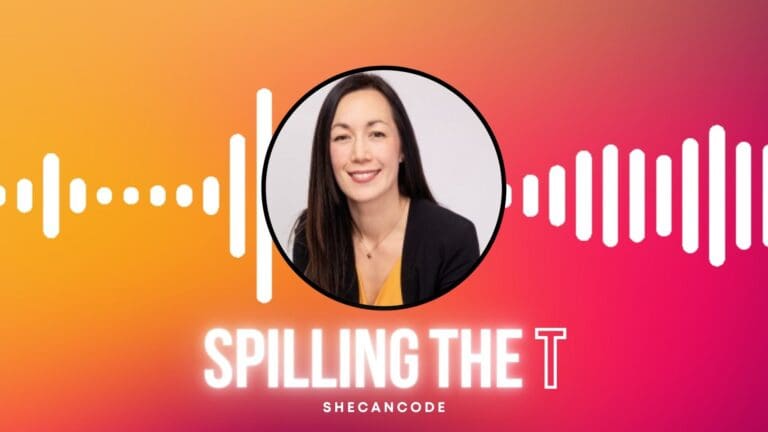Getting into tech can be a challenge, however whether you’re fresh out of education or making a career change, there’s lots the sector can offer and there is a wealth of opportunity out there.
Making it to the interview stage can be one of the hardest steps, but once you have achieved this, preparing for the interview is something you can plan, research and succeed in!
In this piece, Clare Tidy, shares her industry insights and tips with us on how to crack that first tech interview.
Clare Tidy, Senior Site Reliability Engineer at Atom Bank, has 7 years of experience in DevOps and SRE roles across multiple industries. She has been both a technical and people leader and has been involved in multiple recruitment processes for DevOps and SRE roles at all levels.
What are you looking for?
If you’re applying for a training program, such as a graduate or school leaver scheme, depending on the company the job title may be very specific and technical, or very broad and wide ranging. Both have their advantages, especially if you’re fresh into the industry.
Do your research!
This is a given for any interview but it’s worth mentioning here too, it’s essential to understand the company you’re applying for and do your background reading. However, as this is your first interview in tech it’s likely you may be asked questions in areas you have no experience of. Try not to panic. It’s absolutely fine to not know the answer to a technical question. For a junior role it’s likely the questions are designed to see how you solve a problem rather than a right or wrong answer.
One area to look at is their ‘tech stack’ (what technology is used within the role/company to build applications) and research things that interest you or you haven’t heard of (hopefully this will be easy to find on their website but if not you may have to dig a little deeper e.g. look at job descriptions for relevant experienced roles at the same company.)
Some companies have blogs on their recent technology wins, updates and news. This is a great resource to get up to date on what challenges and processes they’re working with.

Ask questions!
In order to really get a feel for the job, you need to come prepared with questions that are important to you. Consider asking what a typical day is like or what projects you might be working on. This is a technical interview so don’t be afraid to ask technical details. Even if you’re not familiar, it might be something you want to research later.
It’s important to look beyond the first interview to see what your progression opportunities are, this doesn’t always mean upwards, as sideways moves are some of the best ways to further your knowledge and experience. Knowing what potential opportunities are out there could really help you decide.
Show your initiative
Depending on the role you’re applying for, you may already have some experience writing code. If not, there are so many courses and quick starts you can find online and a lot of things are free so it’s definitely worth trying to learn some skills on your own.
Make sure you try and work through some different types of self-taught projects and publish your code on Github, just remember to show this on your CV. Quality rather than quantity is important here. Don’t worry too much about mistakes you may have made from lack of experience, showing initiative and practising is really important, even better if you can relate some answers in your interview to something you’ve learnt through your own projects.
Hopefully you’ll have a few interviews for different types of companies or jobs lined up and enjoy them (as much as you can!) Try and keep your cool and remember that everyone is still learning and no one knows everything, it’s just the nature of the job. Take opportunities where they come and get as much practice as possible.








